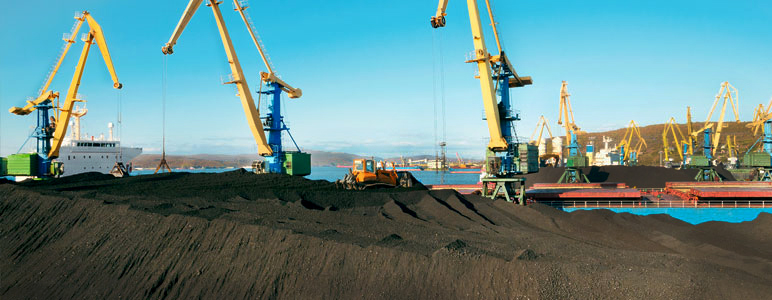


The current proposal to allow coal exports to China and other parts of Asia through Oakland port facilities represents fundamentally poor policy masquerading as an economic strategy for job creation. In fact, it is a step profoundly in the wrong direction for California and the nation in terms of sustainable economic and environmental initiatives.
At issue is adding a shipping facility to export Utah coal as part of the $250 million bulk cargo terminal being built at the former Oakland Army Base. California already has ports that export coal in Stockton, Richmond and Long Beach, but such terminals are now highly contested because of climate change and pollution concerns.
Originally appeared in the San Francisco East Bay Times
The Oakland City Council sought to act by December 8, 2015, but has since delayed action until February 2016. While the city council, state officials, investors and environmentalists sort through the arguments and pending law suits, the Center for Sustainable Energy (CSE) bases our opposition to any expanded coal exports from California on four main points.
1. California’s environmental leadership
Supporters of exporting coal assert that developing countries need affordable power to continue their economic development. While this is true, exporting the dirtiest fuel source — coal — fundamentally undermines California’s proactive environmental stance to reduce greenhouse gas (GHG) emissions because coal burned for electricity anywhere impacts the globe. Locally, add the impact of GHG emissions and other pollutants from increased train trips through some of the region’s most sensitive ecosystems as well as Oakland’s already disadvantaged communities.
2. Undeniable health impacts
At all points of coal transport, from loading and during the trip to Oakland to unloading, storing and loading onto ships, there will be dust emissions. While steps are taken to reduce dust during handling and transportation, there is no way to bring it to zero. Wind, rain and dry weather all affect how coal dust behaves and moves about in the air. Add to this the diesel exhaust from the increased number of train locomotives and added ship traffic. And at the end of this chain, don’t forget to include coal-burning emissions at the power plants abroad, which will impact localized communities.
3. Job impacts are minimal
Project proponents indicate that there will be job growth, in both Utah and Oakland, although these numbers are not clear. However, generally speaking, these jobs are in an industry that is in overall decline and stand in stark contrast to ongoing job-growth in the renewable energy sector. Nationwide, there are twice as many solar workers as coal miners, and the coal industry recently lost 50,000 jobs, with the renewable energy sector adding 79,000. Moreover, we see the emergence of cutting-edge clean technology firms in California and elsewhere, with workforce and training initiatives supporting the growth of these clean sectors.
4. Export renewable technologies instead
Of the many ways we can help the developing world increase their energy supplies and hence their standard of living, exporting coal is perhaps the worst alternative and may be more harmful than helpful. As an alternative approach, California should continue to seek opportunities to export its technological prowess in the renewable energy sector, supporting these countries in leapfrogging over a period of heavy carbon emissions straight to clean and sustainable energy.
Take global action locally
CSE stands with many Bay Area residents, local businesses, community groups and public officials such as Senator Loni Hancock and Assemblymembers Rob Bonta and Tony Thurmond and many others in strong opposition to coal shipments from Oakland’s port.
The success of the global climate talks in Paris only serves to highlight the importance of the investments we are making in clean energy. Thinking globally, while acting locally, is exactly what great cities, like Oakland, can and must do to fulfill their role in combatting climate change. In this case, acting locally includes preventing the export of coal from this facility.

